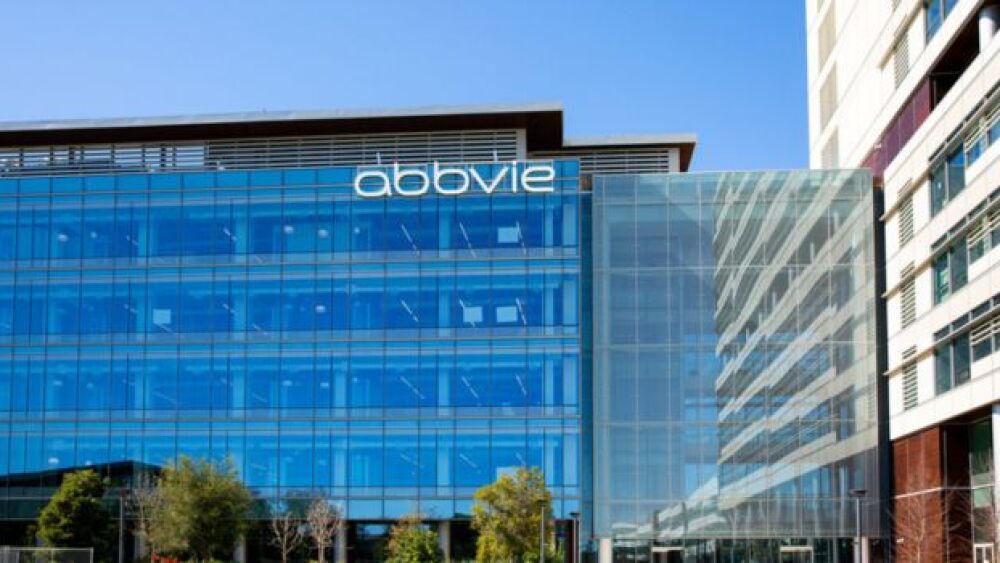Soon after cancelling its contract with I-Mab, AbbVie has now also turned its back on a partnership with Berkeley-based Caribou Biosciences that was focused on advancing allogeneic CAR-T therapeutics.
Pictured: AbbVie corporate office in Illinois/iStock, vzphotos
AbbVie has walked away from its collaboration and license agreement with Caribou Biosciences, the Berkeley-based biotech announced in an SEC filing posted Tuesday.
AbbVie’s decision was a strategic move by the company “and was unrelated to Caribou’s performance under the agreement or the data generated to date,” Caribou said in the document filed with the regulatory agency. The termination will officially take effect on Oct. 25, 2023.
First announced in February 2021, the partnership between AbbVie and Caribou focused on advancing allogeneic CAR-T therapeutics for two unspecified AbbVie programs. The Illinois-based pharma made $40 million in an upfront cash payment and promised up to $300 million in potential milestones, and in return Caribou provided access to its Cas12a chRDNA genome-editing and CAR-T cell therapy platforms.
At the time, Caribou CEO Rachel Haurwitz took the agreement with AbbVie as evidence that the company’s platform can “provide best-in-class efficiency and specificity.” However, Caribou revealed in its SEC filing on Tuesday that AbbVie has “elected to not advance these two programs.” Following the contract’s termination, all licenses granted under the agreement will also end.
Typically, CRISPR-based genome editing tools use an RNA guide molecule to help locate its target DNA sequence. This results in limited specificity of the genome editors, which can lead to substantial off-target effects. Caribou has tried to advance the technology by adding DNA to the guide molecule. This approach—which the company calls chRDNA—is meant to improve the guide molecules’ precision, thereby forcing the Cas complex to only make cuts at intended sites, according to the company’s website.
Caribou is the latest casualty in AbbVie’s quest to cull its cancer pipeline. Earlier this week, the pharma company also terminated its contract with Maryland- and Shanghai-based I-Mab. The partners were previously working on the anti-CD47 antibody lemzoparlimab, which they had been developing for myelodysplastic syndrome and acute myeloid leukemia.
AbbVie pulled the plug on two Phase Ib studies in these indications in August 2022—and these discontinuations could have played a role in its decision to cancel the I-Mab contract. Rights to lemzoparlimab will go back to I-Mab.
Earlier this month, AbbVie also passed on its exclusive licensing option for Harpoon Therapeutics’ investigational TriTAC treatment HPN217, being developed for multiple myeloma. Harpoon will push through with the ongoing Phase I clinical trial and advance HPN217 through future phases of development.
In August 2023, AbbVie likewise dropped two early-stage cancer candidates from its pipeline. One was a Pfizer-partnered antibody-drug conjugate (ADC) being trialed for solid tumors, and the other was an anti-SEZ6 ADC proposed for relapsed or refractory lung cancer.
Tristan Manalac is an independent science writer based in Metro Manila, Philippines. He can be reached at tristan@tristanmanalac.com or tristan.manalac@biospace.com.






